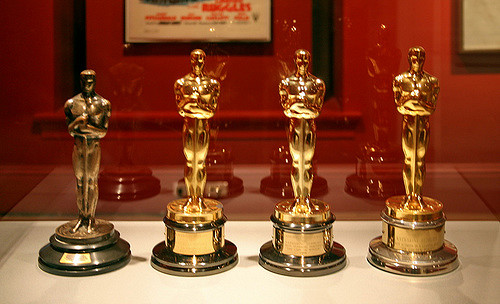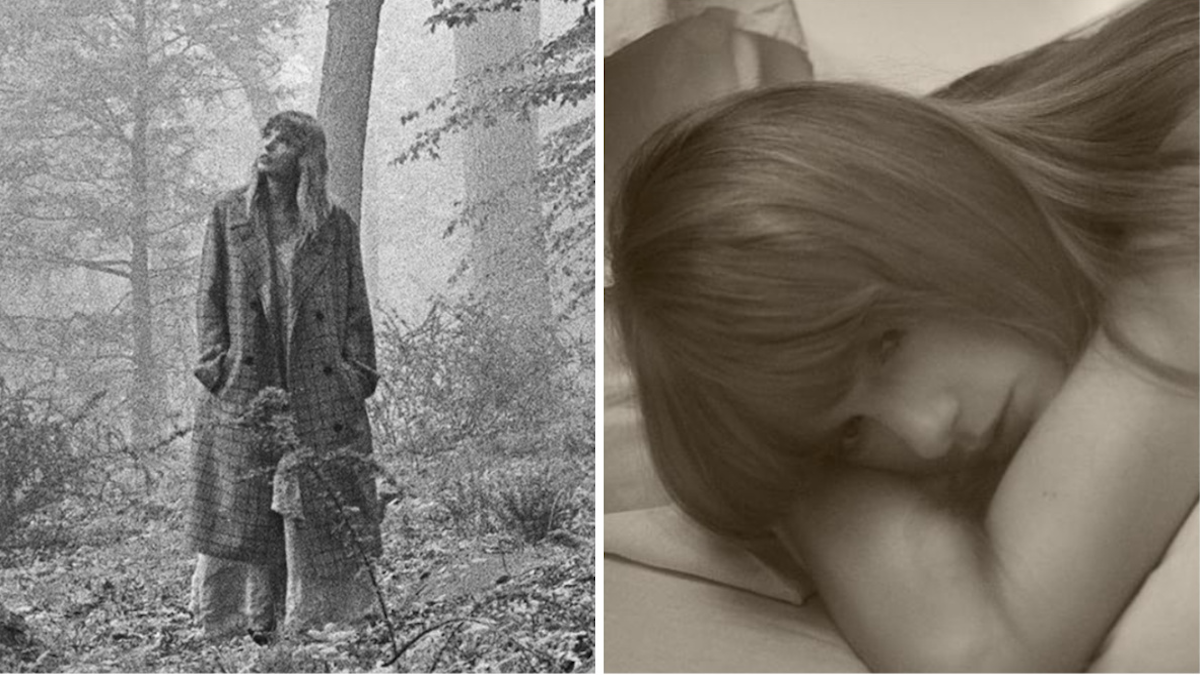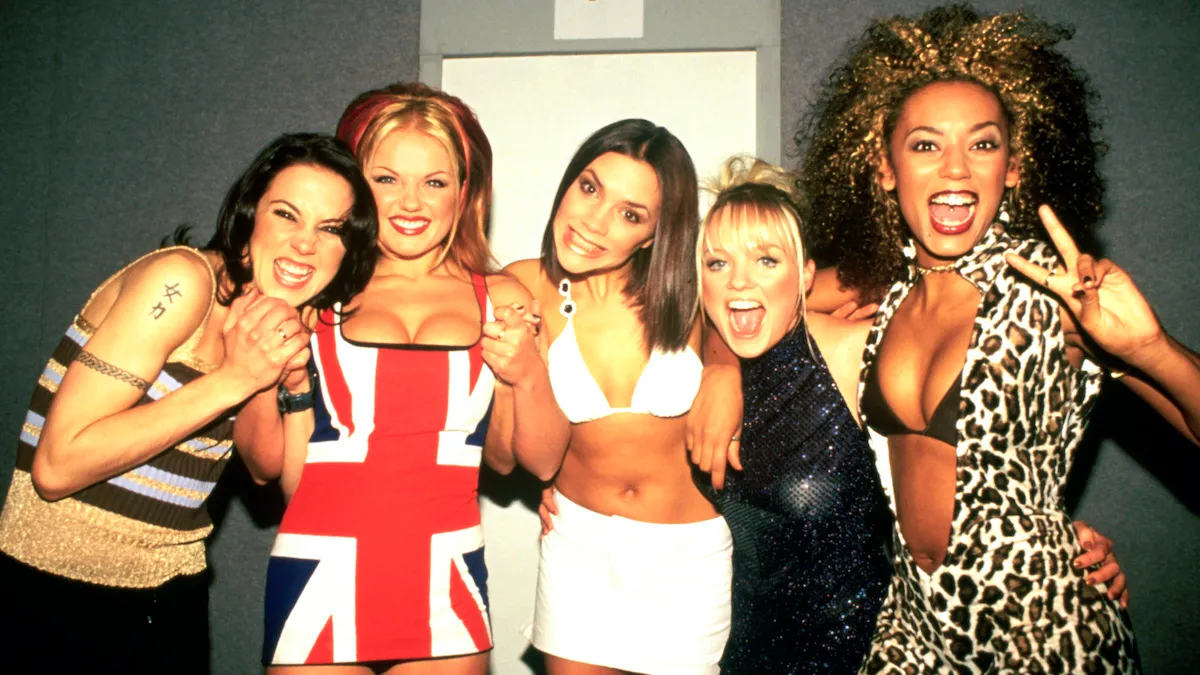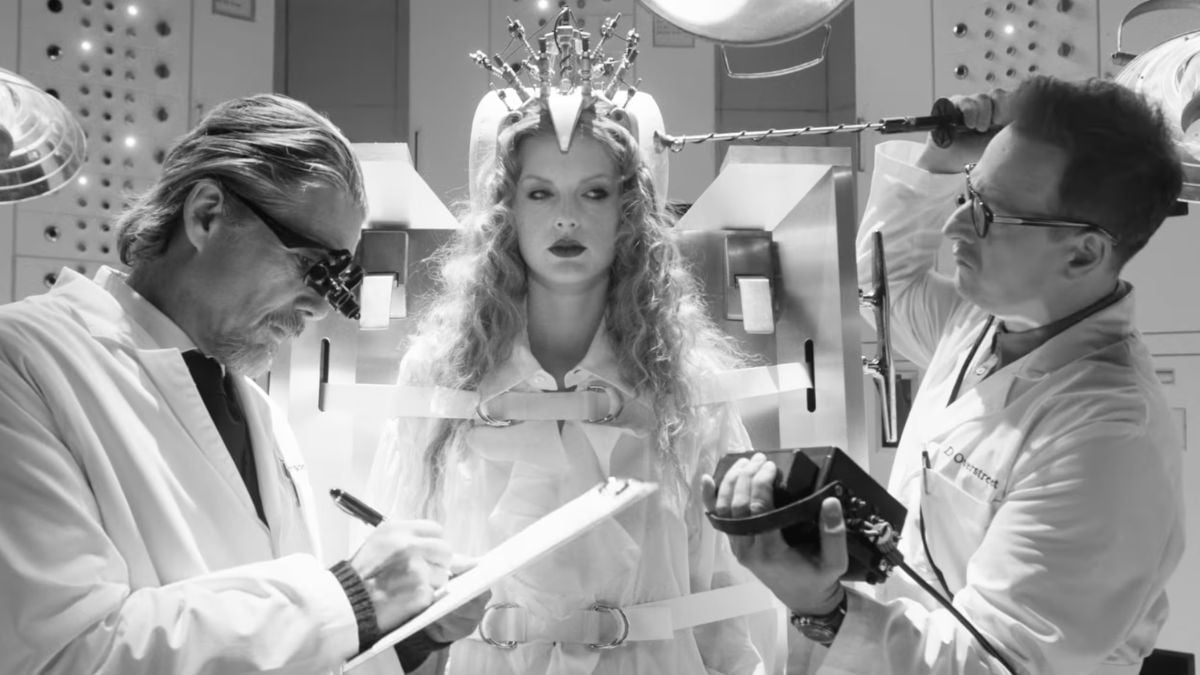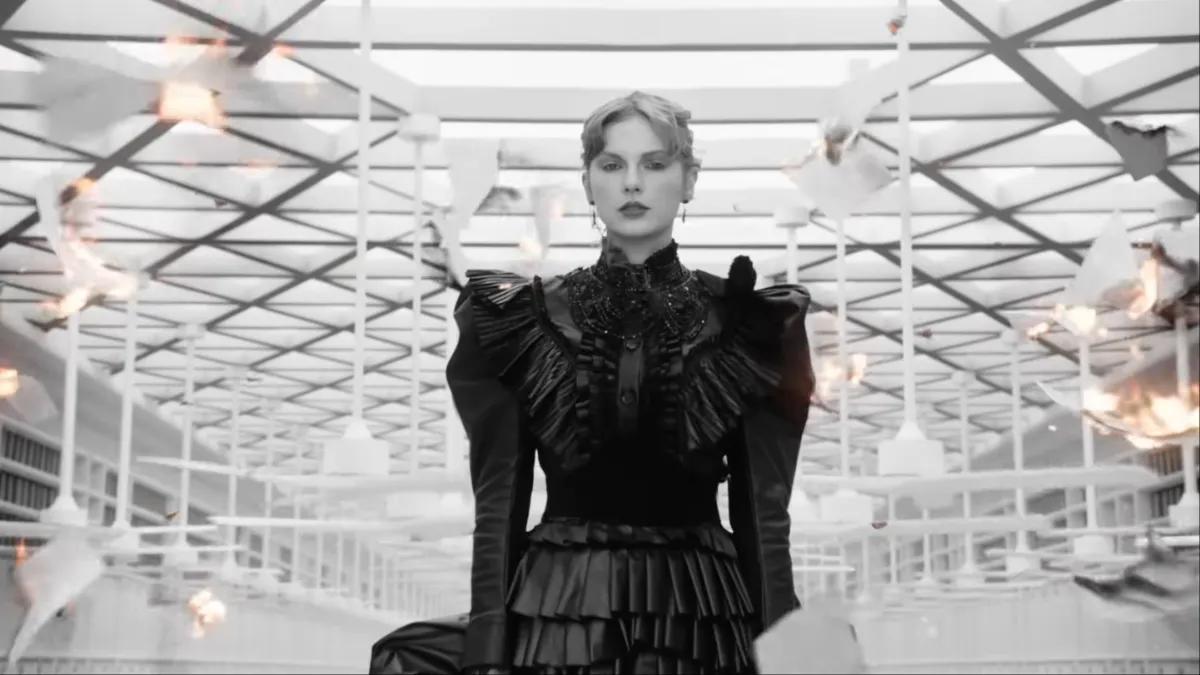Media matters. Reporting matters. I feel like I say this all the time, but I’ll say it again – what people write, both in fiction and in journalism is important, because it helps shape our cultures, our society, and our worldviews. The ability to create fiction or report news to the masses is a responsibility that should not be taken lightly, because what we see and read has a very real impact on what we think, and by extension, what we do. Equally as important is being able to thoughtfully critique instances in which media contributes, consciously or not, to harm.
Today, The Hollywood Reporter posted an article titled “Oscars: The Plight of the White Nominee,” in which Stephen Galloway talks about the awkwardness faced by the all-white nominees in this year’s acting categories as they continue to campaign for their films. I’m not here to deny that these nominees will be dealing with lots of awkwardness, but where I disagree is in the cause.
According to this article, the cause of that awkwardness is “all the raucous, raging controversy” surrounding #OscarsSoWhite, which implies that the controversy is manufactured and baseless. I would argue that the cause of the awkwardness they will likely feel is systemic racism that needs to be dismantled wherever it lives.
And that’s the problem with this particular narrative. Mistaking the symptom for the cause (or perhaps not “mistaking”; perhaps willfully obfuscating) in order to ignore the fact that there are actual problems that need dealing with. What’s more, Galloway’s article spends most of its length giving “tips” to white nominees so that they have an easier time campaigning for their awards, giving only the slightest nods to the real problem in the final one:
5. Stay Silent to the End
If you can’t say something good, don’t say anything at all — until you get to the winner’s podium. Then thank your mother, thank your agent, and thank God you’re Caucasian, because otherwise you might never have gotten to be here.
“[T]hank God you’re Caucasian,” indeed. Therein lies the entire problem. The largest contributing factor that all of these people are here – in addition to talent and the quality of their respective films – is that they are white. Unconscious bias is a very real thing, and it’s something that needs to be actively fought against on an individual level, and on a systemic level. Simply acknowledging it is not enough. And yet, this article in The Hollywood Reporter – considered a “trade publication” for the entertainment industry – gives this kind of privilege the briefest of mentions while spending a majority of the article treating social awkwardness as an equivalent problem to be discussed.
Feeling awkward and uncomfortable is not an equivalent problem to being denied the opportunity to do your job because of your race (or gender, or sexual preference, or whether or not you’re able-bodied). And it’s not about the statuettes themselves – this isn’t “sour grapes” about not winning. It’s about what the nominations and awards represent for the larger industry. Make no mistake, very few people actually mistake the Oscars for an accurate indicator of quality. We all know that these awards have more to do with politics and currying favor than they do with actual excellence. If they didn’t, we wouldn’t constantly be talking about how This person got the Oscar this year, but it was really for last year’s performance when they were “robbed.” Or, This person has never won one before, so obviously this is their year!
And perhaps that’s a symptom of the problem, too. Rather than looking forward, the Oscars are constantly looking back – continually going back to the same well to make sure everyone’s gotten their piece of the pie, constantly making up for past mistakes. To the same people. Over and over.
Now, it’s time for the Academy as a group to be as concerned with correcting their actual mistakes.
The bottom line is this: we as a society don’t get to skip over what’s uncomfortable in order to get to that “post-racial” society that we think we’re in but doesn’t actually exist. White people don’t get to bypass having to deal with their privilege, their history, or their responsibilities – nor do they get to bypass feeling awkward and uncomfortable – and still get to celebrate the end of racism. Part of the fight is dealing with that uncomfortable feeling, acknowledging its causes and vowing to do all you can to make sure those causes stop existing. That’s the only way change happens. The same goes for all our points of privilege. We don’t get to skip feeling bad. That’s not how it works.
But that also shouldn’t be the thing that stops us! Anything worth having takes work, and work is hard. But just as working hard to achieve anything in your life makes the victory all the sweeter, so too should white performers, producers, directors, etc see the “awkwardness” of this conversation. Instead of counseling white performers on how to avoid confrontation, perhaps outlets like The Hollywood Reporter should be reminding them that this is an opportunity. There’s no better time than now – and no better reminder than the active protests of the marginalized and under-served – to decide to do the work required to make equality a reality. This is your chance to shine.
(image via Cliff/Flickr)
—Please make note of The Mary Sue’s general comment policy.—
Do you follow The Mary Sue on Twitter, Facebook, Tumblr, Pinterest, & Google +?



